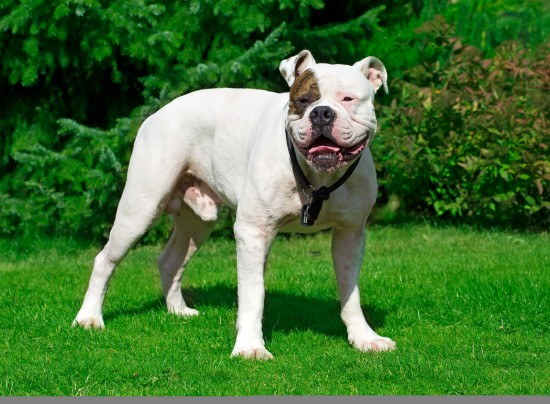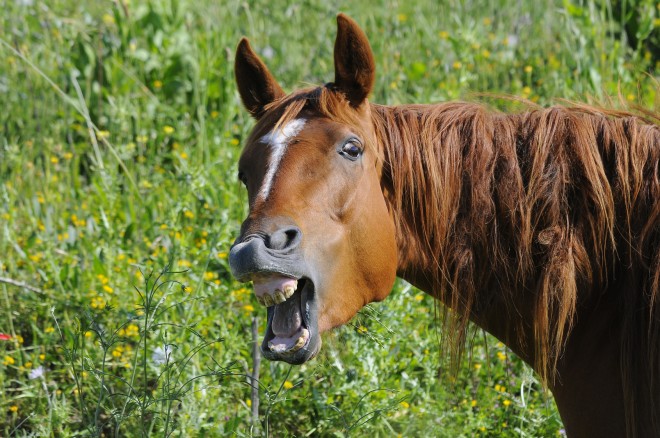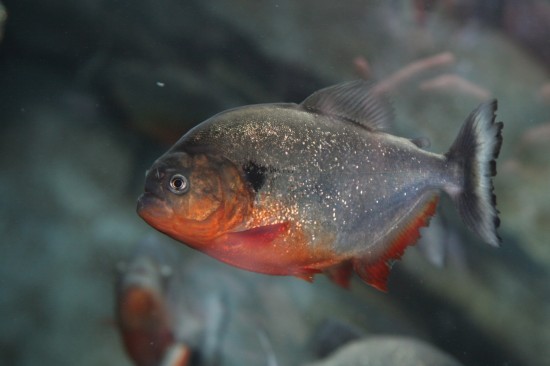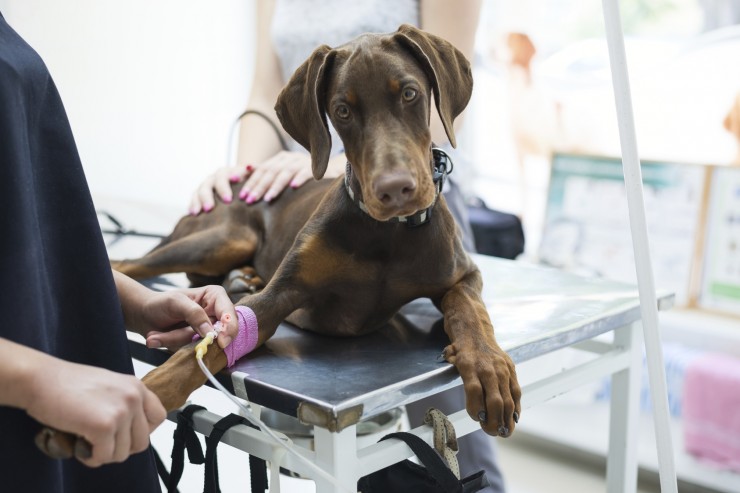There are many ways that we age that are similar to cats. Depending on our lifestyle, exercise level and over all heath, some tend to age very gracefully while others are crippled and decrepit long before they mature. Our feline counterparts are very much the same. The average lifespan of a cat may very well surprise you. If a cat is well cared for and doesn't develop any health problems in its younger days, they can live up to 20 years. However cats that live on the streets, may become injured or sick and therefore live from kitten hood to only about 5 years.
To keep our little felines happy healthy and living a long time, we can do a few things that can contribute to this. First of all, have them spayed or neutered. Doing so when they hit the six month mark is the best time to do it. It is a myth that a female cat must have her first litter before she is fixed. In fact, a very young cat can have serious complications having her first litter that can put her life in jeopardy.
Once they have the procedure done, it makes them settle down so that they are not wanting to prowl away from home at all hours of the night. This will keep them safe from disease and danger, and they will be closer to us. Also buying food that is formulated for all stages of life will help too. Just as we need to balance our diets out as we get older, the same rule applies to cats.
You may notice things in yourself changing and getting difficult to contend with as you age. Your cat will be the same. Things like tolerance to extreme climate change,joint stiffness, digestive issues weaker bones, high blood pressure just to name a few. So how do we help our pets to cope? As mentioned a good diet is key. Exercise is also imperative. Keep a climbing tree or a scratching post as well as several toys for them to play with is a great way to keep them active.
If you introduce your cat to the great outdoors, they will get to the point that they want out all the time. It is extremely important to keep them on a lead so that they do not stray far from home and become exposed to things that could be a danger to them.
So what are some of the signs to look for in an aging cat?
Gastrointestinal Changes-Cats tend to lose the ability to digest and absorb fat as they grow old. Feline seniors more often lose weight and take on a distinctively 鈥渂oney old cat鈥?feel.
Changes in Coat, Claws and Skin-Some 鈥済o gray鈥?(or white), especially on their faces. Some experience thinning of the hair and changes in fur texture as well. Your cat's claws may also become dryer and more brittle with age, and your older cat might be less inclined to use his scratching post to maintain his manicures.
Arthritis and Muscular Problems-As he ages, your cat might get stiff and sore and become reluctant to move around. Exercise is important throughout your cat's life, and moderate exercise remains important into advanced old age. Some cats, especially those who have suffered joint injuries when younger, develop arthritis, which can be mild or debilitating.
These are just a few of the signs to look for, others include hearing loss, eye and vision changes, aggression and other vital organ changes. If you are concerned about your cats health due to advance age then see your vet and check out alternative methods that may help in reducing your aging cats discomfort.

 Is The American Bulldog A Good Choice Of Pet?
Is The American B
Is The American Bulldog A Good Choice Of Pet?
Is The American B
 What Is Eotrh And How Does It Affect Horses
What Is Eotrh And
What Is Eotrh And How Does It Affect Horses
What Is Eotrh And
 Keeping Piranha
Keeping Piranha
Keeping Piranha
Keeping Piranha
 A Feeding Guide For Pharaoh Hounds
A Feeding Guide F
A Feeding Guide For Pharaoh Hounds
A Feeding Guide F
 5 Ways To Raise Funds For Your Dog’s Veterinary Care When You Can’t Afford It
5 Ways To Raise F
5 Ways To Raise Funds For Your Dog’s Veterinary Care When You Can’t Afford It
5 Ways To Raise F